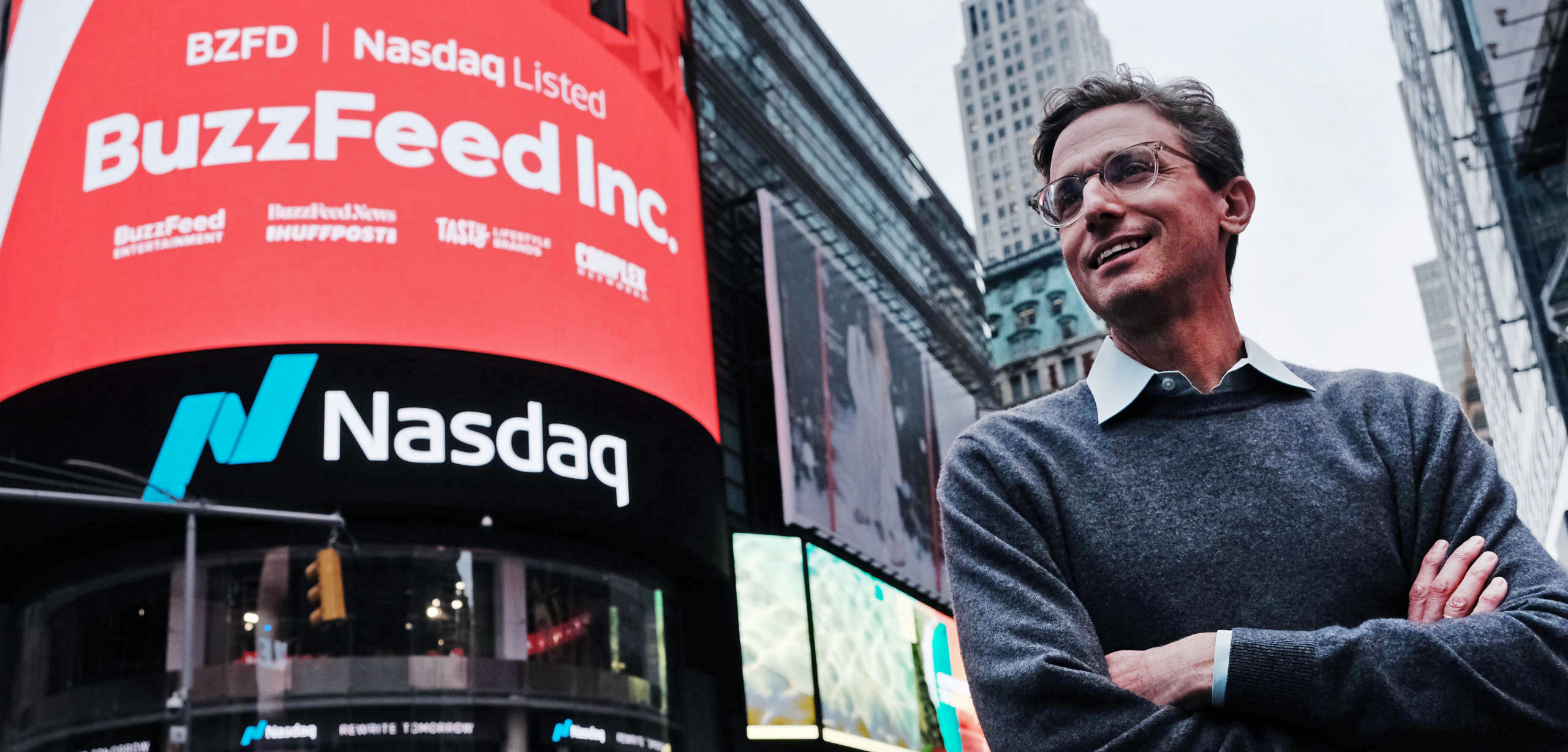BuzzFeed used to be seen not just as the future but as the only future. As the anonymous writer of one viral 2015 letter, entitled ‘I hate myself because I don’t work at BuzzFeed’ wrote, it was “a cultural institution… so powerful they can make the president use a selfie stick.”
The letter-writer was broadly correct: working there or not working there was a binary rubric of personal relevance and worth. I know this from hard experience. I was a finalist for a reporting job at BuzzFeed in the winter of 2013, a period of three months in which I frantically checked my email once every 10 to 15 minutes, waiting for a life-changing acceptance letter that never came.
BuzzFeed’s rise was one of the early 2010s several misplaced bursts of optimism about the internet. This was a period when people believed enough pluck and brainpower could domesticate this wretched digital beast. But one of the real takeaways of the BuzzFeed saga is that optimism and coolness isn’t enough.
Those heady days are over now. As of this week, Buzzfeed has announced another round of lay-offs, triggering an exodus of newsroom leadership. Where did Buzzfeed go wrong? A certain type of partisan might answer that the outlet revealed its fundamental unseriousness and failed every basic test of journalistic integrity when it became the first media organisation to publish the Steele Dossier, a kind of larger-scale sequel to its ruination of the life of the anonymous Justine Sacco in late 2013. But this theory assumes that readers of an article entitled “18 Cats Who Don’t Look Like Hitler” cared about any of that crap, and also assumes “journalistic integrity” still exists as an operative concept.
The reason for Buzzfeed’s decline is, sadly, far more mundane. Yes, BuzzFeed was oriented towards an in-retrospect unworkable model — then mistaken as being as far-sighted and hip ― in which viral clickbait content would fund and drive the actual journalism beneath it.
Alas, BuzzFeed fumbled the cash-out. The mid-2010s saw a wave of absurd digital media valuations, boosted through blue-chip corporate investment: NBC-Universal pumped close to $400 million into BuzzFeed from 2015 to 2016, driving the site’s valuation up to $1.5 billion. With that kind of money, the industry expected, or maybe just hoped, that Big #Content would conquer everything once it was comfortably slotted into multinational conglomerates — Disney would own Vice, a property that had a movie studio and a TV network, the same way it owned theme parks and cruise lines and retail stores.
But the optimists were wrong. Disney took a $353 million bath on Vice, another media trailblazer which has survived long enough to finally become irrelevant. NBC’s investment in Buzzfeed went so poorly that the website switched tactics, going public in late 2021 amid a flurry of ownership controversy. That clearly didn’t work either.
In contrast, Business Insider emerged as the unlikely winner of the mid-2010s #content wars because it found the right corporate buyer, one that didn’t want to strip it for parts, one that wasn’t plagued with activist shareholders or expectations of an immediate return. Berlin-based Axel Springer is, first and foremost, a news company, owner of the largest tabloid in the most populous country in Europe. Meanwhile, the BuzzFeed layoffs are reportedly a compromise after investors demanded that CEO Jonah Paretti shutter the content giant’s once-vaunted and legitimately influential newsroom, something a media-oriented owner like Axel Springer would never demand.
Buzzfeed’s arc over the past decade shows that the new media world isn’t terribly different from the old one. The true beneficiaries of BuzzFeed’s rise are the industry incumbents like the New York Times and Conde Nast that hoovered up the publication’s actual talent, up to and including its editor-in-chief. Seemingly everyone else in media turns out to have bought into the understandable delusion that all of our problems could be solved, that novelty could still exist, and that the creativity and brilliance of young people who grew up on the internet were enough to reverse a stodgy industry’s sharp decline. But, as is almost always the case in this industry, we were never as creative or brilliant as we thought we were.










Join the discussion
Join like minded readers that support our journalism by becoming a paid subscriber
To join the discussion in the comments, become a paid subscriber.
Join like minded readers that support our journalism, read unlimited articles and enjoy other subscriber-only benefits.
Subscribe